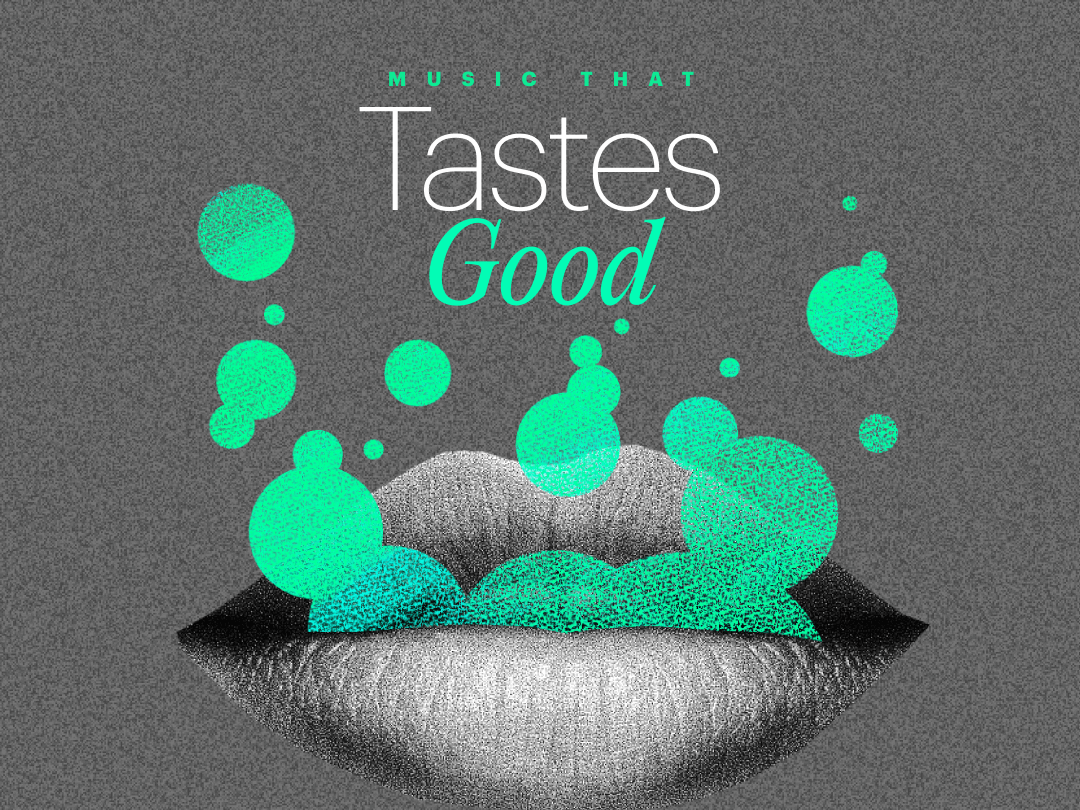Freak of Nurture
February 26, 2025
You've heard the stories: the child prodigy who composed symphonies before learning to tie their shoes, the teenage tech genius who built an empire from their garage, the "natural" who seemed to master their craft without breaking a sweat. These tales of innate brilliance have shaped our understanding of genius for centuries. But they're missing the most fascinating part of the story:
True excellence isn't inherited—it's cultivated, nurtured, and sometimes painfully extracted from the depths of persistence.
For every Mozart who burst onto the scene in diapers, there's a Bach who took the scenic route to greatness. We've all had our moments of stumbling and fumbling, and that's what makes the journey to excellence so relatable.
Most people don't wake up exceptional. They stumble, fumble, and eventually work their way into it, like trying to fold a fitted sheet—it takes practice, patience, and the willingness to look slightly ridiculous along the way.
In "Peak: Secrets from the New Science of Expertise," Anders Ericsson demolished the myth of natural talent through decades of research. His findings? The most accomplished individuals in any field aren't necessarily those with the highest innate abilities—they're the ones who engaged in deliberate practice with the stubbornness of a toddler refusing nap time.
Malcolm Gladwell popularized Ericsson's work in "Outliers," introducing the famous 10,000-hour rule. While the exact number might be debatable, the principle isn't: mastery takes time. Lots of it. And not just any time—focused, intentional, often uncomfortable time. It's the difference between playing piano for 10,000 hours and practicing deliberately for 10,000 hours. One makes you really good at playing the same mistakes; the other makes you exceptional.
Success doesn't come with an expiration date. Eric Yuan was just another tech guy at Cisco until he Zoomed into relevance at 41. Susan Boyle went from local choir singer to global sensation at 47, proving that raw talent has no shelf life. David Baszucki built Roblox at 41, giving kids (and let's be honest, plenty of adults) a whole new way to game. And Stan Lee? He didn't create the Marvel Universe until almost 40, showing that sometimes superpowers develop later in life.
Adam Grant's research in "Hidden Potential" reveals something fascinating: what truly sets high achievers apart isn't their initial talent, but their ability to leverage every opportunity for growth. The most successful people aren't necessarily the ones who showed early promise—they're the ones who mastered the art of turning setbacks into setups. Take Claude Monet—he didn't invent impressionism because he was born with a paintbrush in hand. He developed it through years of experimentation, failure, and a stubborn refusal to paint like everyone else.
Carol Dweck's research on growth mindset shows that our brains are more plastic than we thought. Intelligence isn't fixed—it's malleable like Play-Doh left in the sun. Every time you learn something new, your brain physically changes, creating new neural pathways. You're literally rewiring your brain through persistence, taking control of your growth and making yourself smarter through sheer stubbornness.
Angela Duckworth's work on grit adds another layer. In "Grit: The Power of Passion and Perseverance," she demonstrates that the ability to stick with something—even when it's hard, especially when it's hard—is a better predictor of success than raw talent.
It's not about being the smartest person in the room; it's about being the one who keeps showing up, day after day, with the determination of a toddler trying to open a closed door.
Excellence isn't a sprint—it's a creative marathon run in costume. It's messy, often unglamorous, and occasionally involves making a fool of yourself in public. But that's exactly what makes it accessible to anyone brave enough to try.
So if you're feeling behind or think you've missed your window of opportunity, take a deep breath. You're exactly where you need to be. Because the best time to start wasn't twenty years ago. It's now. Right now, while everyone else is waiting for their genius to manifest spontaneously. Your journey is unfolding at the perfect pace for you.
Remember: Mozart had a head start, but Bach had patience. And history remembers them both.
Keep going. Keep learning. Keep creating. The world needs more freaks of nurture—those wonderful oddballs who refuse to believe that excellence has an age limit or that mastery comes with an expiration date.
After all, the only real prodigies are the ones who never stop becoming who they might be.
Your time is coming. Actually, scratch that—your time is now.
Peace!

.png)
